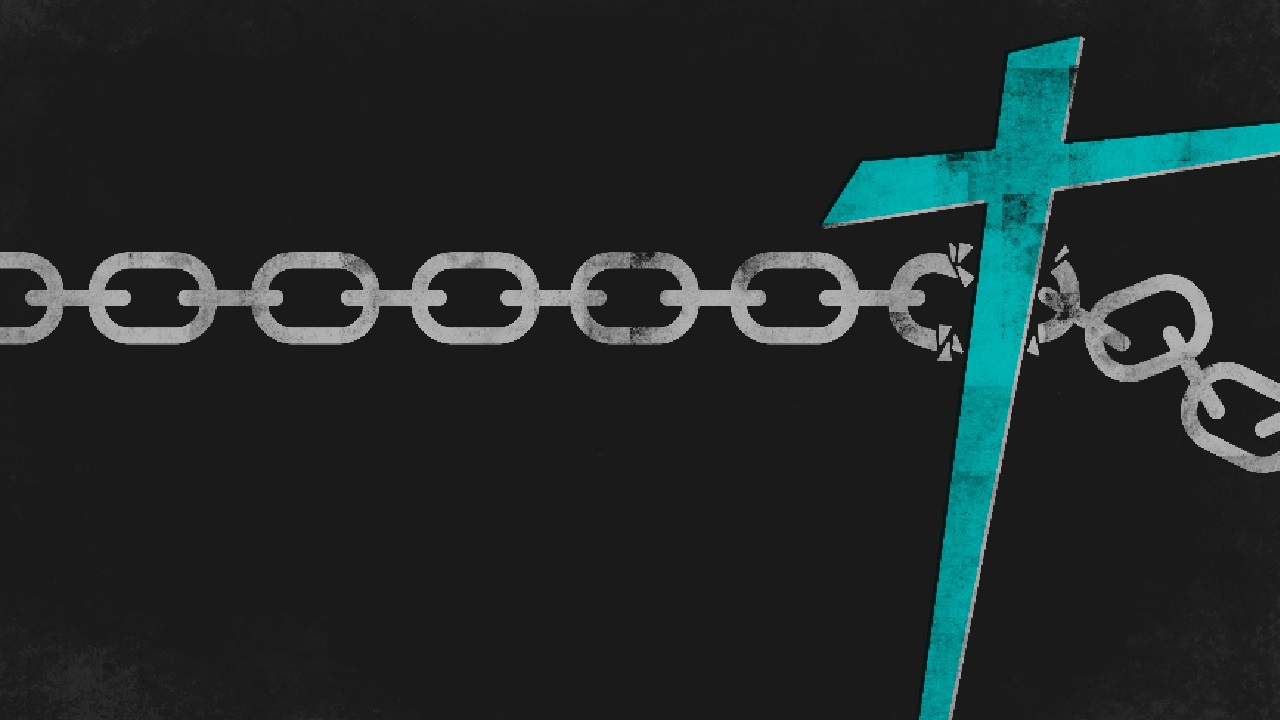The issue is this: Does Daniel 9:24-27 lead us to expect at the end of the 70 sevens?
1. Jewish rejection of the Messiah in AD 32/33 (historicism)
OR
2. The restoration of all things at Christ’s coming (futurism)
Historicists are reading the 70 sevens prophecy of Daniel 9:26-27 as if it said: Jesus will confirm a covenant with many for one ‘seven’ (AD 27-34). About AD 30, in the middle of the ‘seven,’ he will be cut off and cause the sacrifices to cease, and 40 years after the end of the 70th ‘seven’ in AD 34, Titus will destroy Jerusalem in AD 70 (and himself be destroyed as in a flood??).
Here are the reasons for futurism:
- “If the cutting off of the Messiah occurred in the middle of the 70th seven, it is very strange that the cutting off is said to be ‘after’ the 69 sevens (adding the 7 and the 62 sevens). Much more naturally the text would have read ‘during’ or ‘in the midst of’ the 70th seven, as it does in v. 27 concerning the stoppage of the sacrifices. The only adequate explanation for this unusual turn of expression is that the 70th week did not follow on the heels of the 69th, but that an interval separates the two. The crucifixion then comes shortly ‘after’ the 69th but not within the 70th because of an intervening gap. The possibility of a gap between the 69th and the 70th weeks is established by the well-accepted OT phenomenon of prophetic perspective, in which gaps such as that between the first and second advents were not perceived” (Robert Gundry, The Church and the Tribulation, p. 190).
- “Christ did not make or confirm a covenant for one week. He established the new covenant forever” (Gundry, p. 190).
- Historicism makes the 70 sevens expire in AD 32/33, 3 ½ years after Jesus’ death. Futurism makes the 70 sevens expire at the return of the Messiah.
- Historicism makes the attack by the wicked prince (Dan. 9:26) the attack on Jerusalem by Titus in AD 70. But if AD 32 is the proper end of 70 sevens, this attack happened 40 years beyond the end of the 70 sevens. Futurism makes the attack of the wicked prince an event of the 70th seven just before the Second Coming.
- Daniel 9:26 says “to the end” there will be war. This will not fit a 70th seven ending in AD 32/33 or AD 70.
- The end of the 70th seven is marked by the destruction of the desolator. Daniel 9:26 says the evil prince will come to “his end” (CJB, NAB, NET). Titus did not come to his end in AD 70.
- The 70 sevens are modeled on the 70 years prophecy of Daniel 9:2, which ends in the restoration of Jerusalem. It is therefore incorrect to place the end of the 70 sevens prophecy in AD 32/33 or 70, which ended in destruction.
- Each prophetic chapter in Daniel (7, 8, 9, 11-12) concentrates on the end of the age, making a leap from historical times to the distant (to Daniel) future. The 70 sevens prophecy is no exception.
- The divided (3 ½ + 3 ½ years) final seven years is further developed in Revelation 11:2; 13:5; 12:6, 14. These verses link the prophecies of the divided 70th seven with a period far beyond the destruction of Jerusalem in AD 70.
- Historicism severs the obvious link between Matthew 24:21 which quotes Daniel 12:1, the unique Great Tribulation.
- Gabriel had promised that at the end of the 70 sevens Israel’s rebellion would be finished, her iniquity purged, and everlasting righteousness would be restored to the holy city. Yet AD 70 was the destruction of Jerusalem! Daniel was to be comforted by the hope that all the troubles for his people would cease at the end of the 70th And Paul says these things are still in the future for Israel (Rom. 11:25-27).
- Early church fathers who wrote extensively on eschatology — Irenaeus, Hippolytus and Appolinarius of Laodicea —were futurists, placing the 70th seven close to the second coming. (No church father however believed in a pre-tribulation rapture.)




